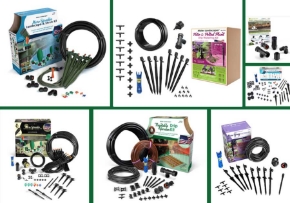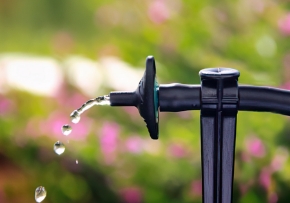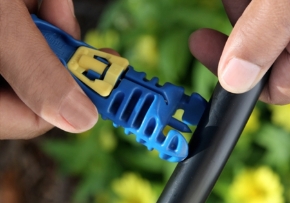Whether we are gardeners, landscapers or just enjoy working in our yard from time to time, we are all busy. Every now and then it is nice just to take a little breather and relax, keep in mind all of the hard work that has been done, and admire nature for what it is. This weeks blog encourages everyone to do just that. Stop and smell, or in this case, look at the flowers. Below you will find some of this springs best flower shots taken by our own pro photographer. Some have been posted on our Facebook page, some on Twitter, and some will be seen for the first time.
Thank you to all our wonderful Micro and Drip Irrigation customers, and have a great week enjoying all that nature has to offer.
Mr. Landscaper Team














